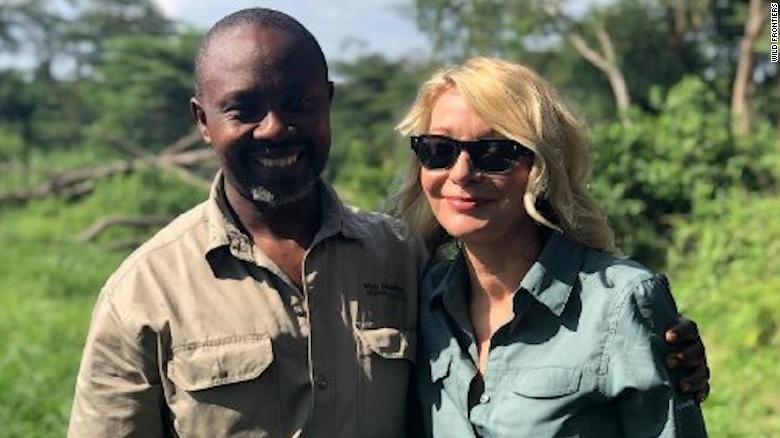KCCA headquarters in Kampala
The Minister of State for Kampala Capital City Authority (KCCA) and Metropolitan Affairs, Kyofatogabye Kabuye, has called for action on land reforms to facilitate public infrastructure projects, highlighting the challenges posed by land acquisition disputes.
Appearing before Parliament’s Presidential Affairs Committee on Thursday to present KCCA’s 2025/26 Budget Framework Paper proposals. , Kyofatogabye decried the challenges of implementing infrastructure projects, particularly road expansion and drainage systems, due to resistance from private landowners and the limitations of the existing land tenure system. He recounted a personal experience with a developer in Bugolobi, who insulted him as a “villager” when he protested the 3 billion Shillings demand to demolish a wall on land leased by KCCA. “The design of roads in Kampala and Metropolitan areas was based on the assumption that Ugandans would offer land,” Kyofatogabye explained. “Unfortunately, due to the land tenure system, the designs have been forced to maintain their narrow form, as the government would need to compensate people to acquire land for road widening.”
The minister emphasized that KCCA has been upgrading existing road corridors rather than constructing entirely new roads. Modern road designs, he noted, require additional space for covered drainage, walkways, streetlights, and service ducts. However, even these minimal upgrades often face significant land-related hurdles. “Unless we address the land question, we will continue facing impediments. Government must wake up and say, ‘Enough is enough.’ If I need a road here, let me break the thing and put the road,” Kyofatogabye said.
The Minister urged Parliament to prioritize compulsory land acquisition for public projects, arguing that continued delays in implementing land reforms would hamper Kampala’s development and leave the city’s infrastructure unable to meet the demands of its growing population.
The meeting underscored the critical need for government support to overcome bureaucratic and societal barriers to infrastructure development.
-URN





